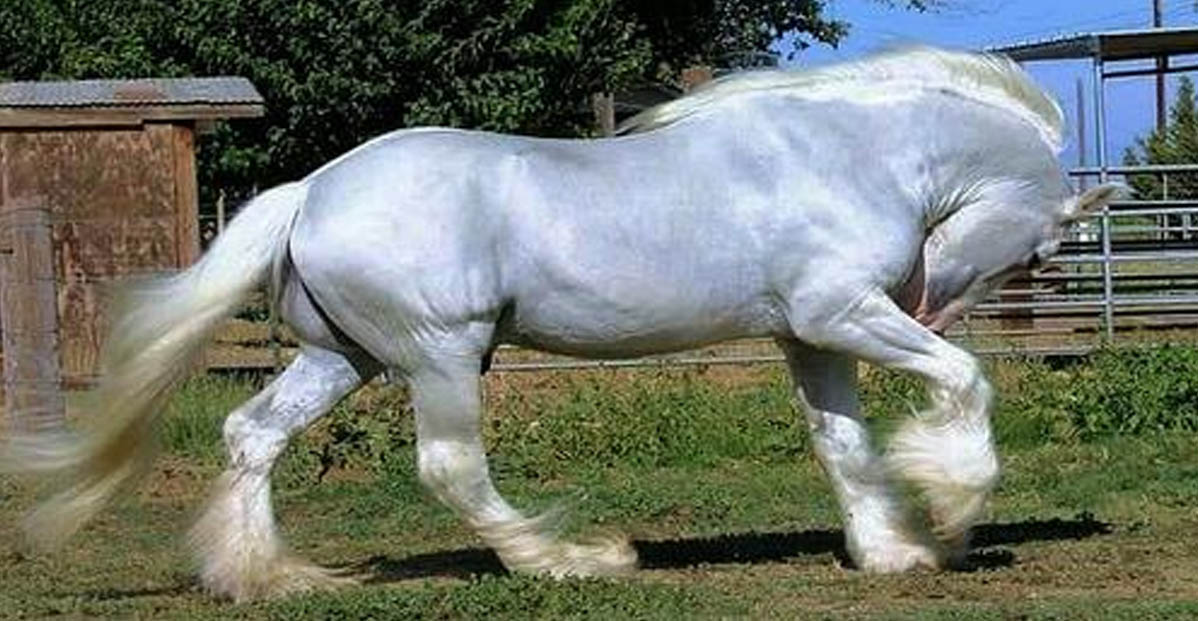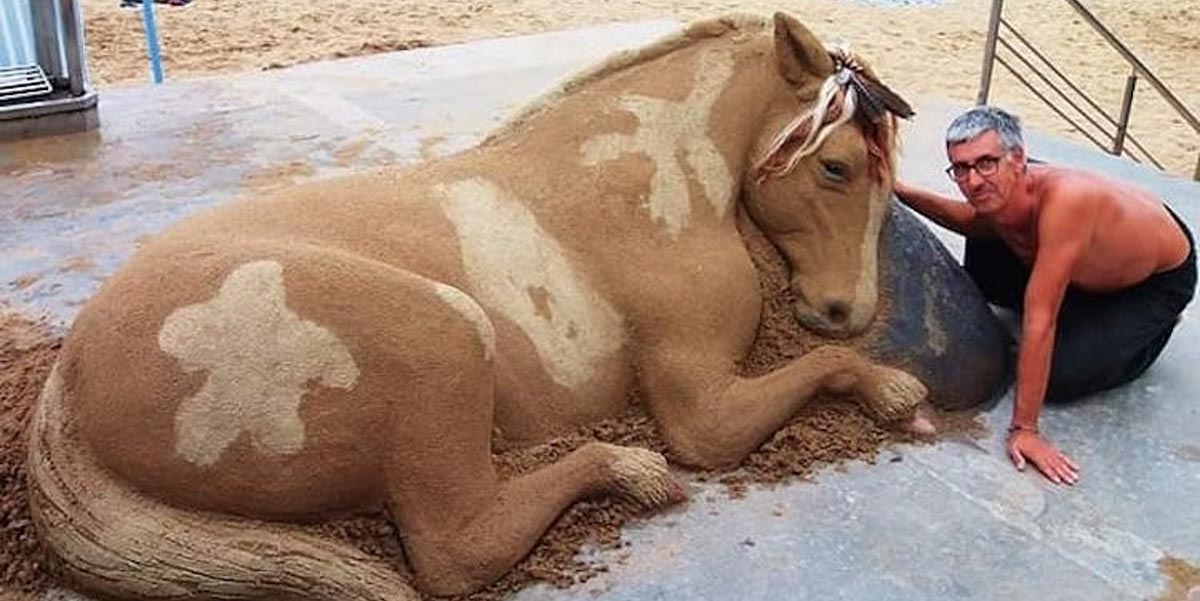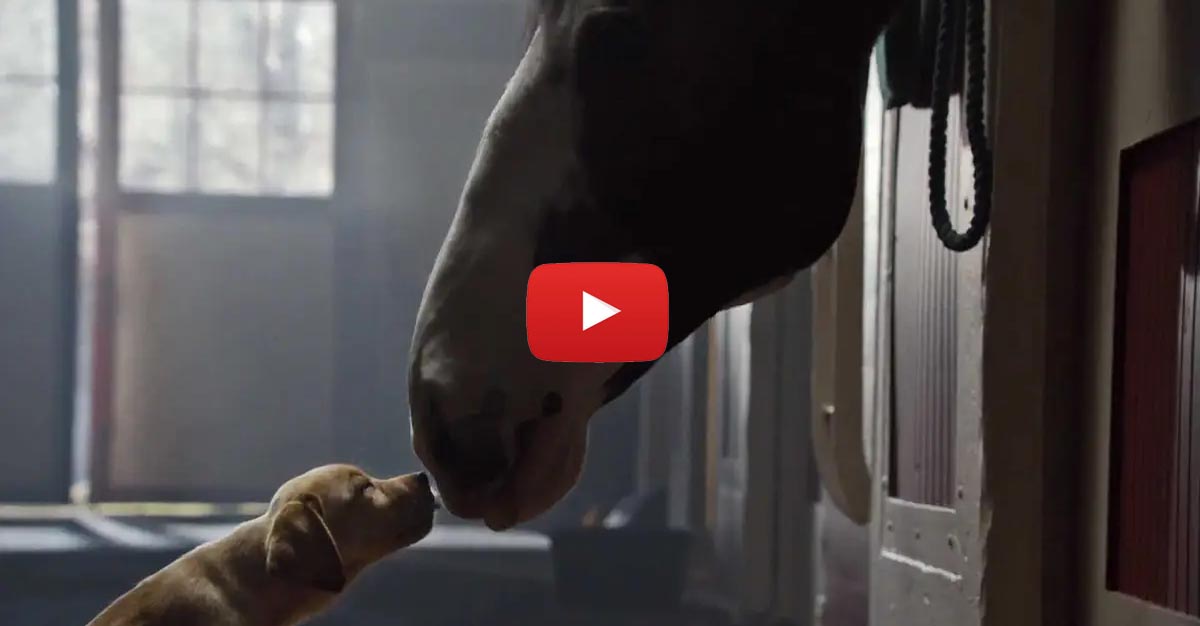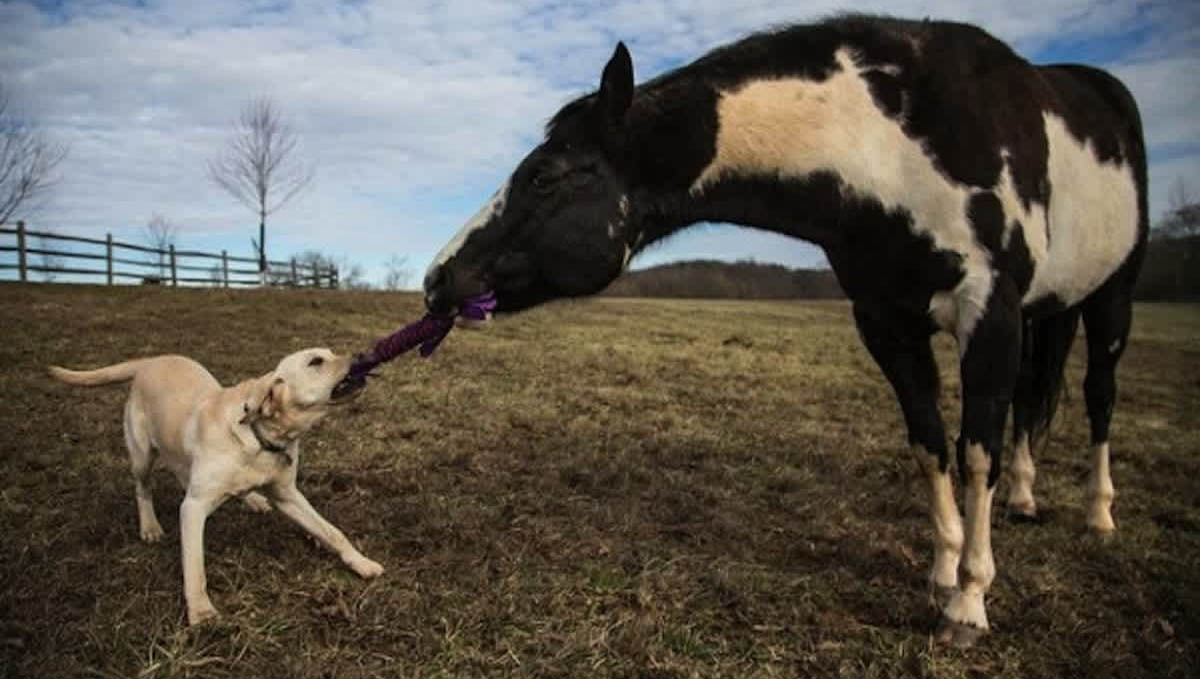Strangles In Horses
# Strangles in Horses: Causes, Symptoms, and Treatment
As horse owners, it is crucial to be well-informed about common equine health issues. One such condition is strangles, a highly contagious and potentially serious respiratory infection that affects horses. In this blog post, we will discuss the causes, symptoms, and treatment options for strangles.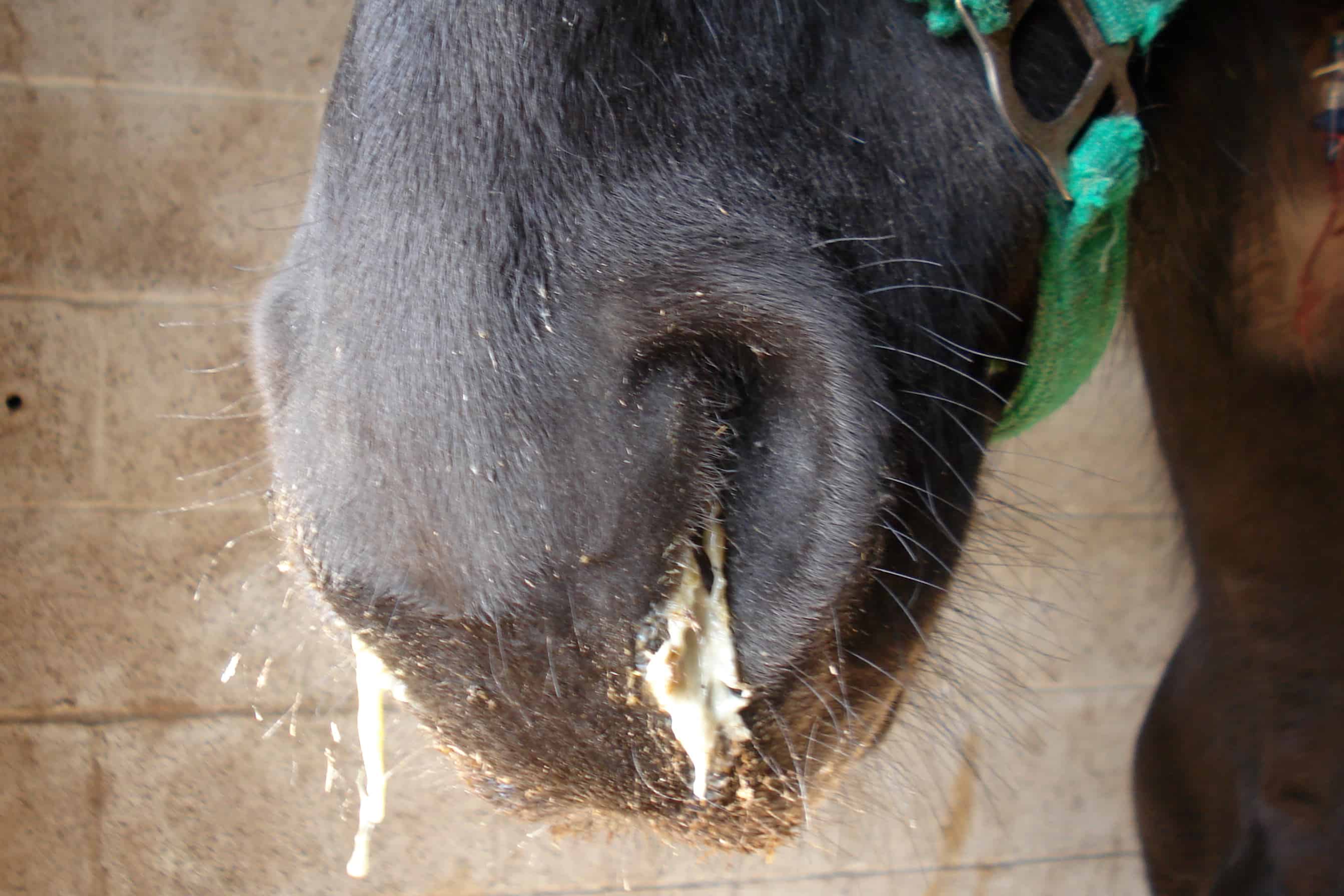
## What is Strangles?
Strangles, scientifically known as **Streptococcus equi** infection, is a bacterial disease that primarily affects the upper respiratory tract of horses. It is caused by the bacterium **Streptococcus equi**. The disease is highly contagious and can spread rapidly within a barn or equestrian facility, making it crucial for horse owners to be vigilant and take appropriate preventive measures.## Causes
Strangles is primarily transmitted through direct contact with an infected horse or by sharing contaminated equipment and facilities. The bacteria can survive outside the horse`s body for several weeks, making proper hygiene and biosecurity practices essential in preventing the spread of the disease.## Symptoms of Strangles
The common symptoms of strangles in horses may include:
* High fever
* Nasal discharge, often thick and pus-like
* Enlarged lymph nodes, particularly around the head and neck, forming abscesses
* Difficulty swallowing and breathing
* Loss of appetite
* Depression and lethargy
It is important to note that not all horses will display all symptoms, and some may exhibit mild signs, while others may become severely ill.
## Diagnosis and Treatment
If you suspect that your horse may have strangles, it is crucial to call your veterinarian immediately. The vet will perform a thorough physical examination and may collect samples from the nasal discharge or abscesses to confirm the diagnosis.## Treatment options may include:
1. **Isolation**: Infected horses should be promptly isolated from healthy horses to prevent the spread of the disease. Isolation should continue until the horse has fully recovered and tested negative for the bacteria.2. **Antibiotics**: Antibiotics, such as penicillin, are often prescribed to treat strangles. It is important to administer the medication as directed by your veterinarian to ensure effective treatment.
3. **Good Nursing Care**: Providing your horse with clean and comfortable surroundings, along with proper nutrition and hydration, is crucial during their recovery period.
4. **Abscess Drainage**: In severe cases, where the abscesses are large or cause breathing difficulties, your veterinarian may perform a procedure to drain the abscesses and provide relief to the affected horse.
## Prevention and Biosecurity Measures
Preventing the spread of strangles is essential to protect the health of your horses. Here are some preventive measures to consider:* **Quarantine**: Whenever introducing a new horse to the facility, it is important to quarantine them for a period of time to monitor for any signs of illness.
* **Biosecurity Practices**: Strict hygiene practices, such as regular handwashing, disinfection of equipment, and isolation of sick horses, can greatly reduce the risk of strangles transmission.
* **Vaccination**: Consult with your veterinarian about the appropriateness of vaccinating your horses against strangles. While vaccination can help reduce the severity of the disease, it may not prevent the infection entirely.
Strangles is a contagious and potentially serious disease that requires immediate veterinary attention. By being vigilant, practicing good biosecurity measures, and seeking prompt veterinary care, we can help protect our horses from this respiratory infection. Prevention, early detection, and appropriate treatment are the keys to ensuring the health and well-being of our equine companions.









